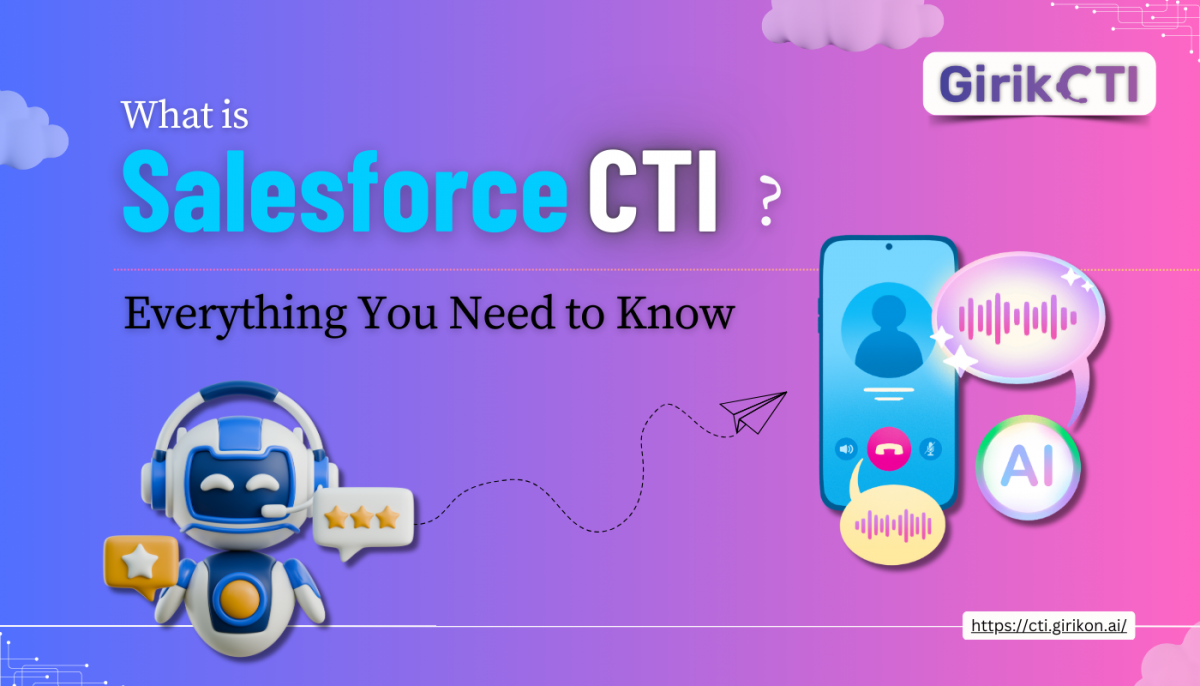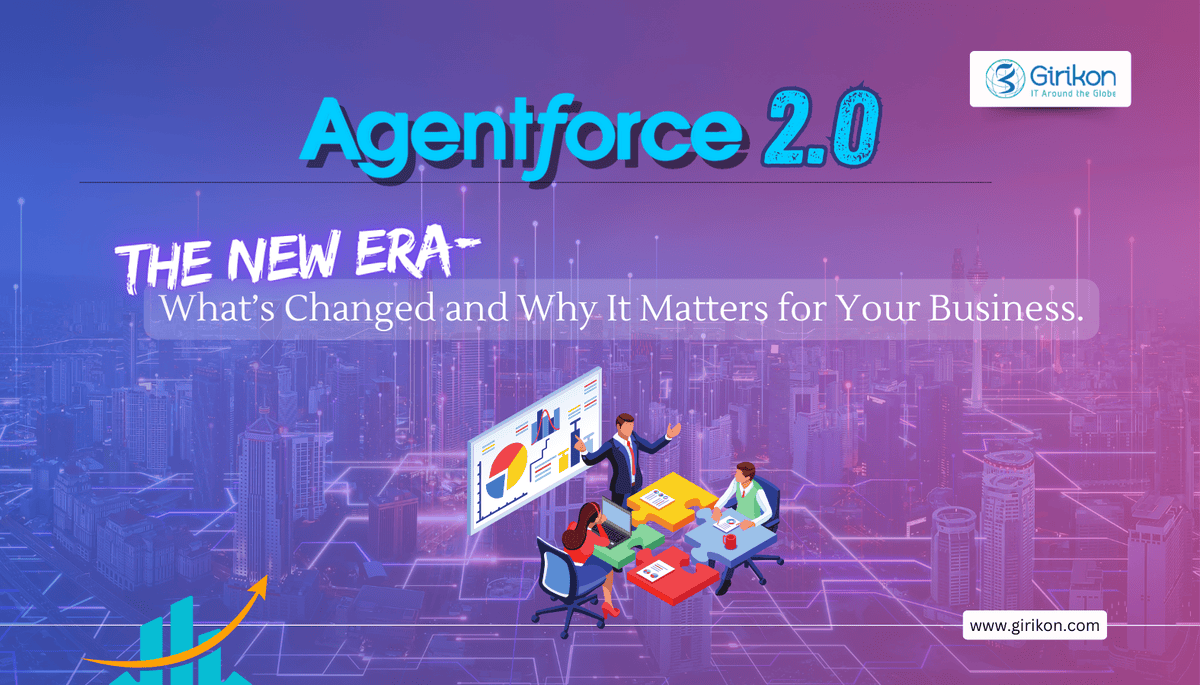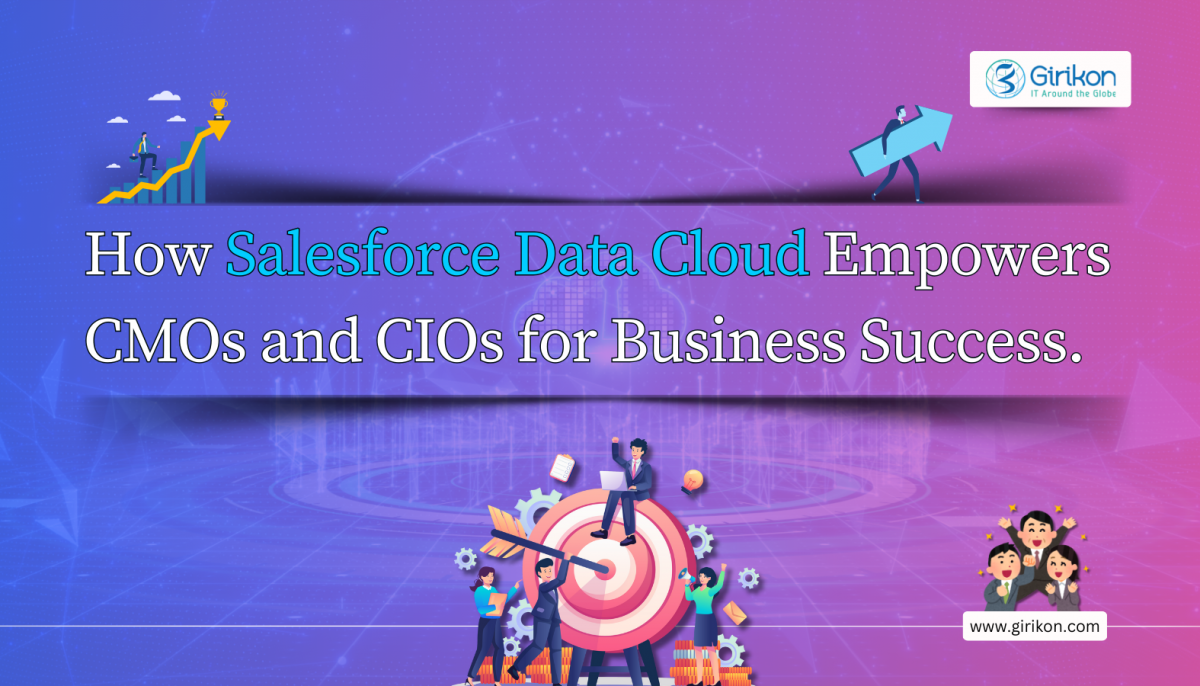Businesses have a never-seen-before opportunity to learn more about their operations, markets, and customers by leveraging the humongous amounts of data aggregated from a variety of sources – apps, software, websites, and social media. The need to dive deeper into and derive insights from this data has never been greater. Legacy business intelligence and analytics products use structured, relational databases as their underlying technology. Relational databases lack the agility, speed, and deep insights required to turn data into value. Salesforce has transformed business intelligence technology by taking a novel approach to analytics, combining a non-relational approach to diverse data forms and types with advanced search capability, an engaging interface, and an intuitive mobile-friendly experience.
Salesforce's Einstein Analytics Platform enables businesses to explore their data quickly without relying on data scientists, complex data warehouse schemas, or monolithic resource-intensive IT infrastructures.
Legacy Business Intelligence (BI) tools restrict an organization's agility, and their application is limited to IT and analysts. Interestingly, while Business Intelligence tools have become more sophisticated over time, the core architectural approach to BI and analytics has largely remained unchanged. When an organization sets out to investigate an issue or question, the BI team responds by creating a relational database or data warehouse. Data warehouses comprise relational databases that add and store data in rows and columns, with each piece of information stored as a value in the table. Relationships across tables develop into schemas.
Every fresh infusion of data expands the schema by adding new rows and dimensions. Once the structure is established, it is sacrosanct and cannot accommodate new data; adding new data necessitates the creation of a new schema from the ground up. The relational database paradigm remains effective for a wide range of applications, particularly transactional activities involving highly organized data. However, during the last decade, developments in technology, data volume and diversity, and dynamic markets have created a chasm between historical business intelligence and analytics capabilities based on classic relational database design and today's business requirements.
The relational database model poses a number of issues in today's corporate landscape:
User Challenges
The model limits agility.
The waterfall nature of traditional Business Intelligence acts as a deterrent for discovering new ways of doing business, restricts team members' ability to challenge existing processes, and prevents teams with the most access to customers and the market from invoking their curiosity and asking their own questions for exploring innovative modeling techniques to improve the business.
It is not representative of the way in which users explore information.
Traditional Business Intelligence projects do not have the flexibility to refine the user query or add new data for context. Users ask a question and then wait weeks or even months for an answer; if they learn that the initial question was incorrect, the schema build-out must begin all over again. Another limitation of traditional BI is that it pre-aggregates the data which limits insights.
It forces compromise.
A typical BI setup balances expected queries and performance. Compromise leads to discontent. For instance, data is rolled up to a higher granularity to improve query efficiency, but this precludes users from answering second or third-order queries. They must then return to IT to figure out the solution or utilize an alternative tool to solve their questions.
Business Challenges
The model slows down the business.
Creating a BI schema can take weeks or even months depending on its size and complexity. On top of that, this does not include the time internal users must wait in line for BI or IT resources to become available. This delay indicates a poor time to value for BI investments; and imposes severe constraints on the business, which frequently relies on BI insights to move forward proactively which can hamper its ability to act quickly.
It is resource-intensive.
The current setup of designing BI solutions necessitates an army of professionals from architects and business analysts to data scientists and project managers to manage an organization's BI requirements. Because businesses rely heavily on BI, these teams are frequently well rewarded and in high demand.
Pivot business intelligence on its head for agile, end-user discovery.
In recent years, a number of new solutions have attempted to address the issues raised above. Many of them, however, have continued to rely, at least partially, on the same design and technological approaches that created the problems in the first place. One example of an emerging innovation is the usage of columnar or in-memory databases, which BI companies have implemented during the last decade. While they made progress, the relational model and its limitations remained a hindrance.
Salesforce, on the other hand, has created and launched an analytics platform that challenges traditional business intelligence. The Einstein Analytics Platform rejects most of the preconceived concepts of data warehousing and database design, instead adopting a "Google-inspired" approach to business analytics. It includes a proprietary, non-relational data store, a search-based query engine, powerful compression methods, columnar in-memory computation, and a fast visualization engine.
The Einstein Analytics Platform combines the complexity of heterogeneous data, the fluidity of questions and problems users are trying to solve, and the end user’s need for exploring data with agility, all without any restrictions on time and information. Einstein Analytics was architected from the ground up to allow enterprises to quickly find value in data. The platform was built first for a native mobile app, allowing users to rapidly find answers and take action using their smartphones.
Technology principles underlying the Einstein Analytics Platform.
Agility
Einstein Analytics does not differentiate between data types. It onboards data by embracing any data structure, kind, or source and making it available quickly, eliminating the need for a lengthy ETL procedure.
Speed
Heavy compression, optimization methods, multi-threading, and other techniques enable extremely fast and highly efficient queries on massive datasets.
Search-based exploration
It uses an inverted index to search data similar to Google search which provides query results in seconds.
Actionability
When a user gains insight or makes a key decision, they may immediately take the next best action straight from within Einstein Analytics.
Columnar, in-memory aggregation
In Einstein Analytics, quantitative data is stacked up in a columnar store in RAM in the Salesforce Cloud rather than the row structure of a relational database on disk.
Interactivity
Fast, intuitive visualization encourages user adoption and contextual understanding, offering genuine self-service analytics to all business users.
Open, scalable cloud platform
Einstein Analytics is an extensible platform with easy-to-use APIs and its scalable architecture compliments existing BI systems and allows businesses to have deep relationships with third-party tools and systems. It is also deeply integrated with Salesforce so you can see your Sales Cloud and Service Cloud data like never before, collaborate, and take action from within Salesforce.
Mobile-first design
Einstein Analytics is an open, scalable, and extendable platform. Einstein Analytics' architecture, which includes simple APIs, allows for extensive integration with third-party applications and complements existing BI systems. It is also deeply linked with Salesforce, allowing you to see your Sales Cloud and Service Cloud data like never before, collaborate, and take action directly from Salesforce.
Security
The Einstein Analytics Platform is built on Salesforce's tried-and-true, multilayered approach to data availability, privacy, and security, with the added benefit that data on the Salesforce platform does not need to leave Salesforce servers to be available for analytics.
A unique approach to Business Intelligence that offers faster time to value.
In order to provide an open, agile, self-service solution for enterprise business intelligence, Salesforce has brought together a number of unique approaches, including a non-relational inverted index data store, a quick and potent query engine, an intuitive and compelling visualization, mobile-first technology, and the trusted, scalable, high-performance power of the cloud. Given that numerous companies have made significant investments in business intelligence technology, Salesforce developed Einstein Analytics to enhance current offerings, facilitate seamless integration with external data tools, and allow businesses to easily tailor their analytics programs. The goal of enterprises using BI solutions to accelerate time to value is supported by this new BI analytics platform.
Additionally, Einstein Analytics facilitates enterprise-wide adoption, supports a unified data governance strategy, and frees IT teams from labor-intensive and low-value data retrieval and preparation tasks so they can concentrate on more strategic endeavors. The open Einstein Analytics Platform positions Salesforce and its partners to continuously innovate and add layers of intelligence to help business users gain insights even faster, through automated analytics, as the world enters the third phase of computing — from today's systems of engagement to tomorrow's systems of intelligence. The basis for true business intelligence in the future is Einstein Analytics, which is quick, flexible, perceptive, and capable of not just capturing past customer and business behavior but also anticipating future trends.
If you want to harness the true power of business intelligence for sales, marketing, and customer service, connect with a trusted Salesforce Consulting partner. Our certified Salesforce consultants can empower you with the tools and insights aligned with your business needs and help you get started.
To find out more, schedule a free Salesforce Einstein Analytics demo today.
In today’s competitive business landscape, banks and other financial service companies have to deal with rapidly evolving customer requirements. Today, with new entrants and consumer technologies simplifying the way people save and invest their money, the demand for the digitalized financial transaction along with high-touch and personalized experiences have increased manifold. To remain competitive, bankers and wealth managers require delivering smart and tailored experiences, which is significant for building best-in-class customer relationships.
While these customer-facing organizations have always understood the importance of providing superior customer service, they struggle to manually sew up and make sense of customer data from disparate sources. This calls the need to have in place a robust and intelligent system that can help organizations meet the growing expectations of customers for speed and personalization. Salesforce Financial Services Cloud – a financial software used for wealth management could be leveraged by organizations for enjoying a customized CRM experience.
Now, with the addition of Einstein Analytics to the financial service cloud, bankers and wealth managers have access to AI-powered insights that have helped them strengthen client relationships and grow their business.
Let’s take a quick at the amazing features that Einstein Analytics powered financial services cloud offers:
Actionable Insights Enabled by AI: With this, financial services professionals can get predictive guidance which is built-into routine client engagement. For instance, financial consultants can now receive updates about clients who are likely to grow their assets. This helps them to focus their attention on retaining such clients that too in a smart way.
In-built Industry Dashboards: These are built-in to help with data collection regarding the financial activities of clients. The pre-built templates help wealth advisors and retail bankers to gather quick insights using analytics rather than depending on a data scientist to share daily insights around common KPI’s. Now, retail bankers and wealth consultants can draw insights by directly accessing the dashboards, which in turn helps them in identifying opportunities, as well as threats.
Customizable Platform: To get a complete view of the financial goals and needs of their customers, users have the option to build custom apps and connect them to data from external sources.
Built-in Compliance: With an Einstein analytics powered financial services platform in place, users can expect data to be hosted in a secure, trusted and compliant cloud-based platform. This comprises of privacy, security, and other tools that are configured to fulfill compliance requirements.
How Does Einstein Powered Financial Cloud Services Help Fintech Companies?
Get Rid of Loopholes of Legacy Systems: Financial services organizations often face challenges fulfilling the expectations of their customers using their legacy systems that are outdated and inefficient. With all the useful features and customizations, the Salesforce financial cloud lends organizations the power to connect all the internal systems and push all the vital data to a single place i.e. the dashboard.
Better Engagement with Customers: To fulfill the growing requirement of their clients, financial service organizations require having a clear and comprehensive picture of their accounts, financial goals, etc. This becomes possible with Einstein powered Salesforce Financial service cloud, which besides fetching crucial client data from different systems and gathering in a single place i.e. the dashboard offers real-time recommendations. With a clear view of their customers, financial services organizations are better positioned to fulfill the expectations of their customers.
Better Compliance: The financial service industry deals with the constant pressure of being compliant. Packed with compliance features, the Salesforce financial services cloud paves way for hassle-free client communication, transparent collaboration, and simple to build internal processes. All this helps in saving a lot of precious time.
Quick Wrap Up:
The introduction of new capabilities i.e. Einstein Analytics into its financial services cloud has taken its performance a notch higher. With such updated features, wealth managers and bankers can leverage predictive analytics to remain more strategic about how they manage their book of business, as well as client relationships. So if you are a financial service organization looking to create a long-lasting professional relationship with your clients, it’s important that you partner with a Salesforce consulting company to avail robust CRM functions.
Girikon – a Salesforce consulting partner offers reliable Salesforce consulting, Salesforce support and Salesforce implementation services to businesses across the globe. As a reputed Salesforce consulting company, Girikon offers robust solutions that can transform the way organizations conduct their business.

 +1-480-382-1320
+1-480-382-1320 +44-7428758945
+44-7428758945 +61-1300-332-888
+61-1300-332-888 +91 9811400594
+91 9811400594


















